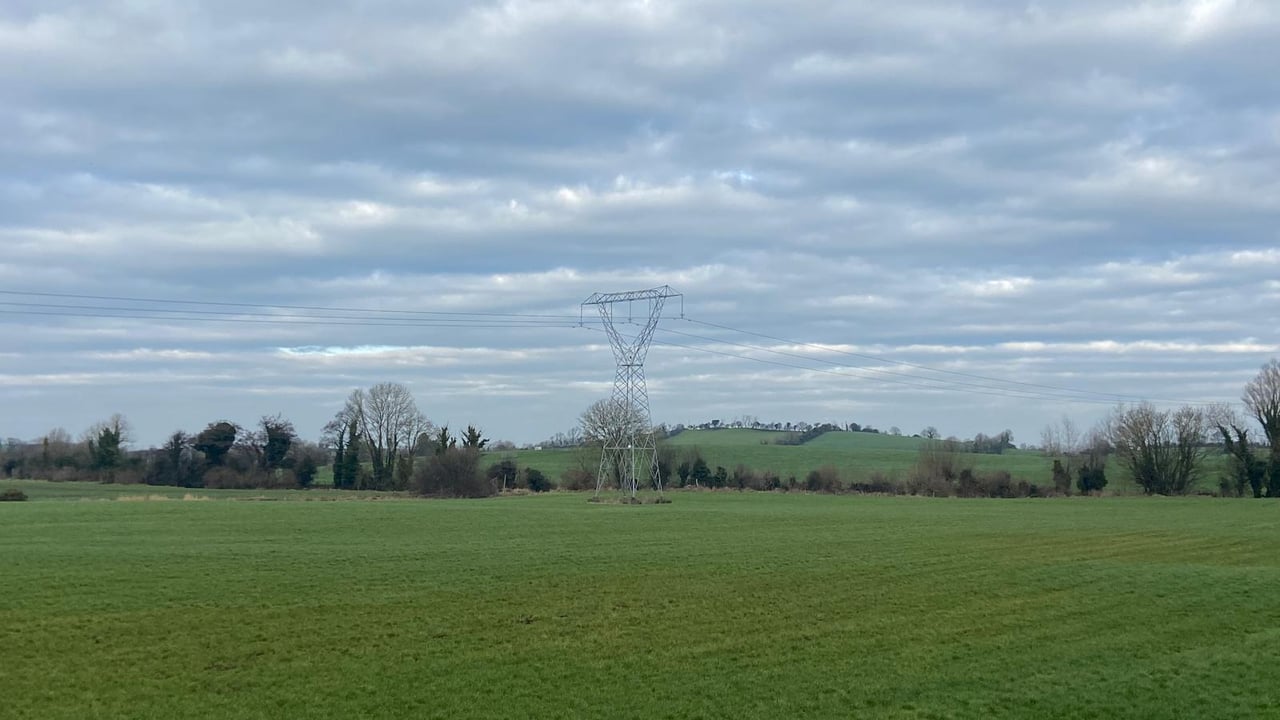MREF: Storm impact shows 'lack of climate resilience' in electric grid
Destruction and power outages caused by Storm Éowyn has demonstrated "lack of climate resilience" in the electricity grid, according to the Micro-Renewable Energy Federation (MREF).
Over 500,000 homes currently remain without power from the aftermath of Storm Éowyn, with the ESB Networks stating that it expects to make good progress restoring supplies over the weekend and into next week.
However, given the extent of the damage nationwide, the ESB has said full restoration may take more than a week in the worst impacted areas, with estimated restoration times now available.
Chair of the MREF, Ciaran Kells said that there has been "widespread" electrification of businesses, farms and households in the race to Net Zero by 2050, and that such major weather events shows "how vulnerable we are".
Kells has called on the new government to incentivise battery installations for homes and businesses, which together with solar PV would "create greater independence" from the grid in the event of storms.
"In the event of widespread power outages such as those caused by Storm Éowyn, this will give households a backup power supply to allow them to continue to cook food, run their water pumps (for those not on public supplies, and keep their home’s warm)," Kells said.
Kells said that most homes have now switched to heat pumps for home heating because of government policy, and that most new builds do not have fireplaces.
"Backup power from battery storage will allow people to keep their homes at an acceptable level of warmth. Even in January homes can charge at the night rate in advance of a weather event and then use this power to run essential services during a blackout," Kells added.
He said that the initial cost can put them "beyond the reach of many households", with the need for a grant and support for battery system installations.





